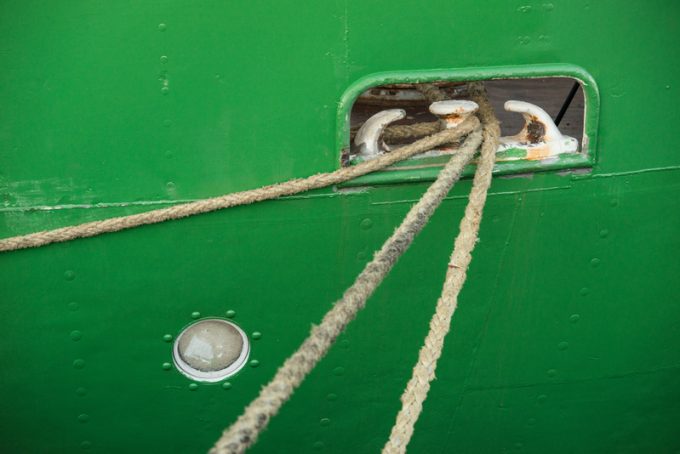Removing de minimis no 'silver bullet' as ecommerce traffic floods into EU
As the EC mulls custom reform, European stakeholders suggest abolishing the de minimis limit for ...

As the FuelEU Maritime regulation looms, shipping companies face rising penalties for falling short of carbon intensity reduction targets and stakeholders weigh up the lowest cost of compliance.
The regulation, coming into force on 1 January 2025, sets targets for the greenhouse gas (GHG) intensity of the energy used on a ship, with targets getting stricter every five years.
The GHG intensity requirement applies to all energy used on voyages and port calls within the EU, and 50% of voyages in and ...
Volcanic disruption at Anchorage could hit transpacific airfreight operations
Macron calls for ‘suspension’ – CMA CGM's $20bn US investment in doubt
De minimis exemption on shipments from China to the US will end in May
Forwarders stay cool as US 'liberation day' tariffs threaten 'global trade war'
Trump tariffs see hundreds of cancelled container bookings a day from Asia
Mixed response in US to 'Liberation Day', while China leads wave of retaliation
Tariffs and de minimis set air freight rates on a volatile course

Comment on this article